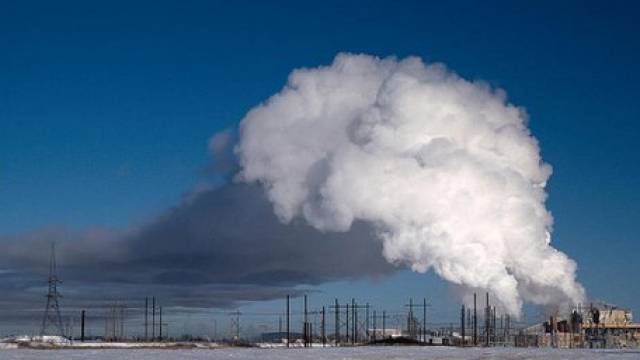Ohio-based Owens-Brockway Glass Container Inc., the US’s largest glass container manufacturer, has signed a settlement to reduce emissions at its facilities in Georgia, Oklahoma, Pennsylvania, and Texas.
The U.S. Environmental Protection Agency (EPA) and the Department of Justice announced on 3 December that Ohio-based Owens-Brockway Glass Container Inc., the nation’s largest glass container manufacturer, has agreed to install pollution control equipment to reduce harmful emissions of nitrogen oxides (NOx), sulfur dioxide (SO2), and particulate matter (PM) by nearly 2,500 tons per year and pay a USD 1.45 million penalty to resolve alleged Clean Air Act violations at five of the company’s manufacturing plants.
“The pollution controls required by today’s settlement will significantly reduce emissions that can impact residents’ health and local environment in communities located near glass manufacturing plants,” said Cynthia Giles, assistant administrator for the EPA’s Office of Enforcement and Compliance Assurance. “These new pollution controls will improve air quality and protect communities from Georgia to Texas from emissions that can lead to respiratory illnesses, smog and acid rain.”
“This agreement will significantly reduce the amount of air pollution, known to cause a variety of environmental and health problems, from the nation’s largest manufacturer of glass containers,” said Ignacia S. Moreno, assistant attorney general for the Environment and Natural Resources Division of the Department of Justice. “The settlement, the latest in a series of agreements with the glass manufacturing sector, addresses major sources of pollution at facilities located in four states and will mean cleaner air for the people living in those communities.”
The pollution controls required as part of the settlement to reduce NOx, SO2, and PM will cost an estimated cost of USD 37.5 million. Owens-Brockway will also spend an additional USD 200,000 to mitigate excess emissions at its plant in Atlanta by working with the Georgia Retrofit Program to retrofit diesel school buses and fleet vehicles with controls to reduce emissions, or it will assist with the purchase of new natural gas, propane, or hybrid vehicles.
Reducing air pollution from the largest sources of emissions, including glass manufacturing plants, is one of the EPA’s National Enforcement Initiatives for 2011-2013. This is the fourth settlement in EPA’s National Glass Manufacturing Plant Initiative.
NOx, SO2, and PM, three key pollutants emitted from glass plants, have numerous adverse effects on human health and the environment. NOx and SO2 contribute to ground-level ozone, or smog, acid rain, and the destruction of terrestrial and aquatic ecosystems. NOx and SO2 can also irritate the lungs and aggravate of pre-existing heart or lung conditions. PM contains microscopic particles that can travel deep into the lungs and cause difficulty breathing, coughing, decreased lung function, and even death.
The facilities covered by the settlement are located in Atlanta, Ga.; Clarion, Penn.; Crenshaw, Penn.; Muskogee, Okla.; and Waco, Texas.
The Oklahoma Department of Environmental Quality is also a signatory to this consent decree.
The proposed consent decree will be lodged with the United States District Court for the Northern District of Ohio, and will be subject to a 30-day public comment period.



